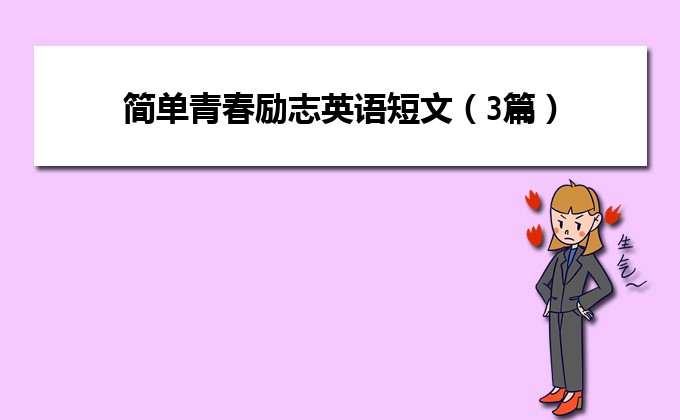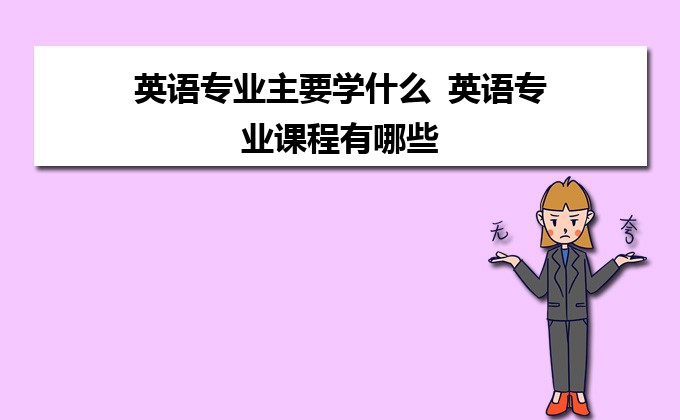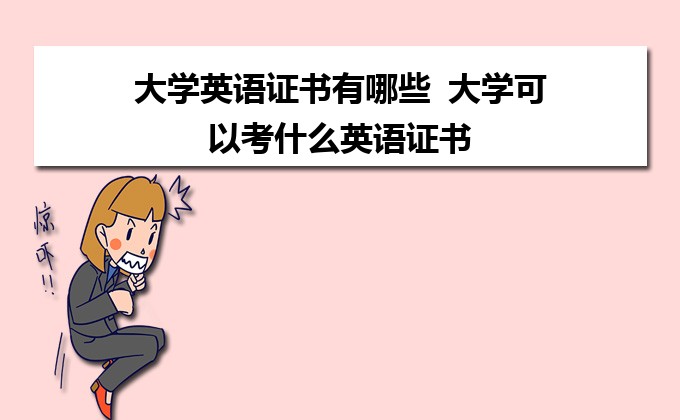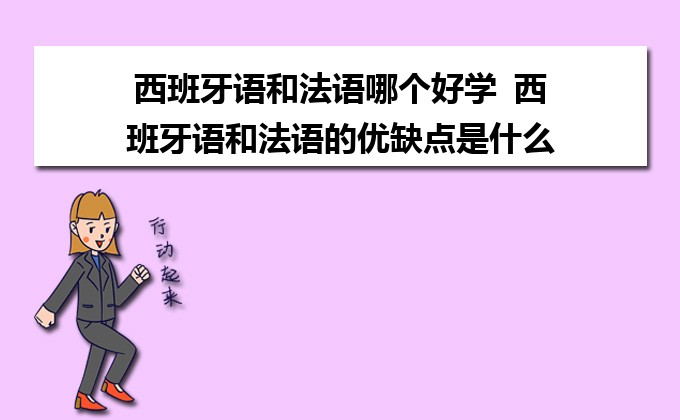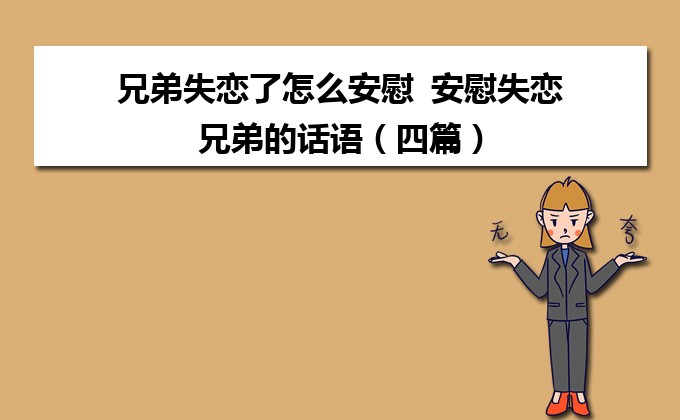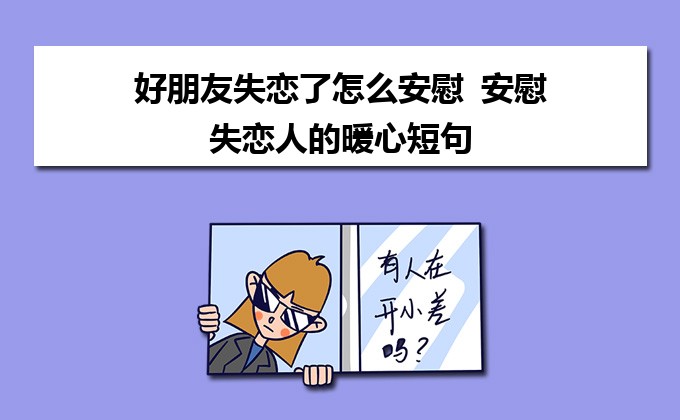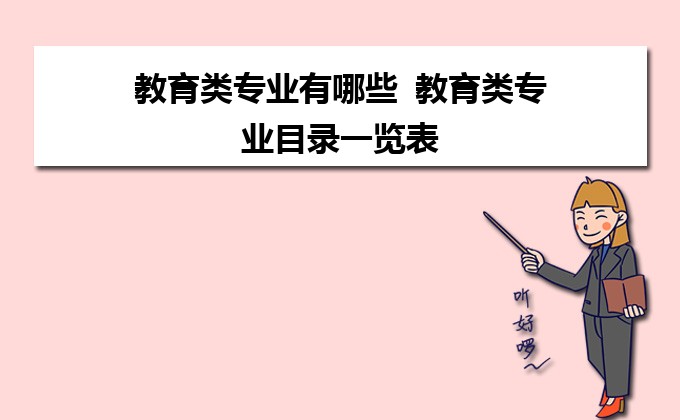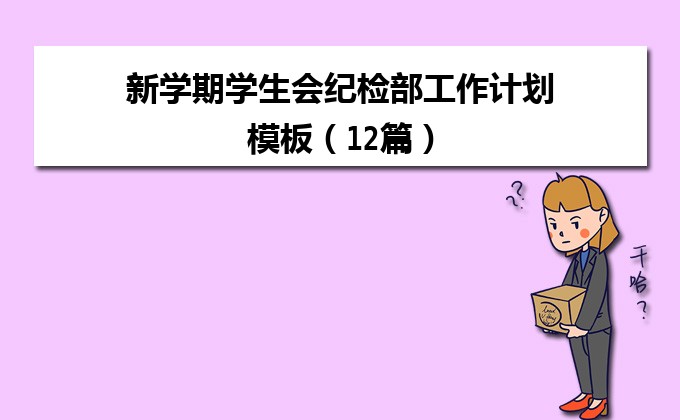英語(yǔ)句子成分練習(xí)試題
分析下列句子成分
Our school is not far from my home.
2. It is a great pleasure to talk with you
3. All of us considered him honest.
4. My grandfather bought me a pair of sports shoes.
5. He broke a piece of glass.
6. He made it clear that he would leave the city.
7. ---I love you more than her,child .
8. Tees turn green when spring comes.
9. They pushed the door open.
10. Grandma told me an interesting story last night.
11. He wrote carefully some letters to his friends.
12.All the students think highly of his teaching
13. We need a place twice larger than this one.
14. He asked us to sing an English song.
15. Don't get nervous,help yourself to what you like.
16.We will make our school more beautiful.
17. He didn't come.That is why he didn't know.
18. She showed us her many of her pictures.
19. The old man lives a lonely life.
20. Luckily the 1989 earthquake did not happen in the center of town.
21. The cars made in Japan are better than those in Germany.
22. There are so many people in the hall that it's hard for me to find him.
23. No matter how difficult the task may be, we must fulfil it this month.
24. Go back where you came from. 25. We must do whatever the people want us to do.
26. At last he got home, tired and hungry. 27. Would you please pass me the cup?
28 Mary handed her homework to the teacher. 29. Do you know the latest news about him?
30. I’ll get my hair cut tomorrow.
翻 譯 練 習(xí):
主謂結(jié)構(gòu) ( 主語(yǔ) + 不及物動(dòng)詞 )
1你應(yīng)當(dāng)努力學(xué)習(xí).
2她昨天回家很晚.
3那天早上我們談了很多.
4會(huì)議將持續(xù)兩個(gè)小時(shí).
5在過(guò)去的十年里,我的家鄉(xiāng)已經(jīng)發(fā)生了巨大的變化.
6這種事情全世界各地每天都在發(fā)生.
7 1919年,在北京爆發(fā)了“五.四”運(yùn)動(dòng).
8每天八時(shí)開(kāi)始上課.
9這個(gè)盒子重五公斤.
10五年前我住在北京.
主謂賓結(jié)構(gòu) (主語(yǔ) +及物動(dòng)詞 +賓語(yǔ) )
1昨晚我寫(xiě)了一封信.
2今天下午我想同你談?wù)?
3這本書(shū)他讀過(guò)多次了.
4他們成功地完成了計(jì)劃.
5你們必須在兩周內(nèi)看完這些書(shū).
6那位先生能流利地說(shuō)三種語(yǔ)言.
7我收到了筆友從澳大利亞寄來(lái)的信.
8 Jim 還不會(huì)自己穿衣服.
9我們大家都相信Jack 是一個(gè)誠(chéng)實(shí)男孩.
10他不知道說(shuō)什麼好.
主系表結(jié)構(gòu) (主語(yǔ) +系動(dòng)詞+表語(yǔ) )
1我的兄弟都是大學(xué)生.
2冬季白天短,夜晚長(zhǎng).
3布朗夫人看起來(lái)很健康.
4十五歲他就成為有名的鋼琴家了.
5孩子們,請(qǐng)保持安靜.
6這本書(shū)是有關(guān)美國(guó)歷史的書(shū).
7她的工作是在幼兒園里照看兒童.
8他失業(yè)了.
9樹(shù)葉已經(jīng)變黃了.
10這個(gè)報(bào)告聽(tīng)起來(lái)很有意思.
雙賓語(yǔ)結(jié)構(gòu) (主語(yǔ)+雙賓動(dòng)詞+間接賓語(yǔ)+直接賓語(yǔ) )
1 Johnson 先生去年教我們德語(yǔ).
2. 奶奶昨晚給我們講了一個(gè)有趣的故事.
3. Mary把錢(qián)包交給校長(zhǎng)了.
4. 請(qǐng)把那本字典遞給我好嗎?
5. 他把車(chē)票給列車(chē)員看.
6. 這個(gè)學(xué)期我已經(jīng)給父母寫(xiě)過(guò)三封信了.
7. 我父親已經(jīng)給我買(mǎi)了一輛新自行車(chē).
8. Robinson Crusoe 給自己做了一只小船.
9. 請(qǐng)你給我弄一本新的,好嗎?
10. 我替你叫輛出租汽車(chē)好嗎?
復(fù)合賓語(yǔ)結(jié)構(gòu) (主語(yǔ) +動(dòng)詞 + 賓語(yǔ) + 賓語(yǔ)補(bǔ)足語(yǔ) )
1我們叫她Alice.
2他的父母給他取名為John.
3我們大家都認(rèn)為他是誠(chéng)實(shí)的.
4他們把門(mén)推開(kāi)了.
5他們把小偷釋放了.
6我們要使學(xué)校變得更美麗.
7他請(qǐng)我們參加做游戲.
8我要你把真相告訴我.
9衛(wèi)兵命令我們立即離開(kāi).
10明天我要找人來(lái)修理機(jī)器.
11每天早晨我們都聽(tīng)到他大聲朗讀英語(yǔ).
12痛苦使得他叫喊起來(lái).
13我們不會(huì)讓她在晚上外出的.
14他每個(gè)月理一次發(fā).
15我要請(qǐng)人把我的錄音機(jī)修理一下.
16那可怕的聲音把孩子們嚇壞了
17她正在聽(tīng)人家講故事.
18男孩子們都在看士兵們操練.
19我從來(lái)沒(méi)看見(jiàn)這個(gè)字這樣用過(guò).
20他感到很難跟你交談.
21我想乘船去那里更舒服些.
22我認(rèn)為有可能用另一種方法解題.
23學(xué)校定了一條規(guī)則,開(kāi)始上課時(shí)學(xué)生要起立.
24我認(rèn)為與那個(gè)人談話(huà)是無(wú)益的.
There be 句型
1今晚沒(méi)有會(huì).
2這個(gè)村子過(guò)去只有一口井.
3這個(gè)學(xué)校有一名音樂(lè)老師和一名美術(shù)老師.
4客人當(dāng)中有兩名美國(guó)人和兩名法國(guó)人.
5天氣預(yù)報(bào)說(shuō)下午有大風(fēng).
6燈亮著,辦公室里肯定有人.
7戰(zhàn)前這兒一直有家電影院的.
8恰好那時(shí)房里沒(méi)人.
9從前,在海邊的一個(gè)村子里住著一位老漁夫.
10公共汽車(chē)來(lái)了.
11就只剩下二十八美元了.
12在這個(gè)山洞前面長(zhǎng)著一棵高大的松樹(shù).
13鈴響了.
14二月份有二十八天.
英語(yǔ)句子成分練習(xí)答案
分析下列句子成分
主語(yǔ) + 系動(dòng)詞 + 表語(yǔ)
2. 主語(yǔ) + 系動(dòng)詞 + 表語(yǔ)
3. 主語(yǔ) +動(dòng)詞 + 賓語(yǔ) + 賓語(yǔ)補(bǔ)足語(yǔ)
4. 主語(yǔ)+雙賓動(dòng)詞+間接賓語(yǔ)+直接賓語(yǔ)
5. 主語(yǔ) +及物動(dòng)詞 +賓語(yǔ)
6. 主語(yǔ) +動(dòng)詞 + 形式賓語(yǔ) it+ 賓語(yǔ)補(bǔ)足語(yǔ)+賓語(yǔ)
7. 主語(yǔ) +及物動(dòng)詞 +賓語(yǔ)
8. 主語(yǔ) + 系動(dòng)詞 + 表語(yǔ)
9. 主語(yǔ) +動(dòng)詞 + 賓語(yǔ) + 賓語(yǔ)補(bǔ)足語(yǔ)
10. 主語(yǔ)+雙賓動(dòng)詞+間接賓語(yǔ)+直接賓語(yǔ)
11. 主語(yǔ)+雙賓動(dòng)詞+間接賓語(yǔ)+直接賓語(yǔ)
12 主語(yǔ) +及物動(dòng)詞 +賓語(yǔ)
13. 主語(yǔ) +及物動(dòng)詞 +賓語(yǔ)
14. 主語(yǔ) +動(dòng)詞 + 賓語(yǔ) + 賓語(yǔ)補(bǔ)足語(yǔ)
15. 主語(yǔ) + 系動(dòng)詞 + 表語(yǔ)
16. 主語(yǔ) +動(dòng)詞 + 賓語(yǔ) + 賓語(yǔ)補(bǔ)足語(yǔ)
17. 主語(yǔ) + 系動(dòng)詞 + 表語(yǔ)
18. 主語(yǔ)+雙賓動(dòng)詞+間接賓語(yǔ)+直接賓語(yǔ)
19. 主語(yǔ) + 不及物動(dòng)詞
20. 主語(yǔ) + 不及物動(dòng)詞
21. 主語(yǔ) + 系動(dòng)詞 + 表語(yǔ)
22. 主語(yǔ) + 系動(dòng)詞 + 表語(yǔ)
23. 主語(yǔ) +及物動(dòng)詞 +賓語(yǔ)
24. 主語(yǔ) + 不及物動(dòng)詞
25. 主語(yǔ) +及物動(dòng)詞 +賓語(yǔ)
26. 主語(yǔ) + 不及物動(dòng)詞
27. 主語(yǔ)+雙賓動(dòng)詞+間接賓語(yǔ)+直接賓語(yǔ)
28. 主語(yǔ)+雙賓動(dòng)詞+間接賓語(yǔ)+直接賓語(yǔ)
29. 主語(yǔ) +及物動(dòng)詞 +賓語(yǔ)
30. 主語(yǔ) +動(dòng)詞 + 賓語(yǔ) + 賓語(yǔ)補(bǔ)足語(yǔ)
翻 譯 練 習(xí):
主謂結(jié)構(gòu) ( 主語(yǔ) + 不及物動(dòng)詞 )
1You should study hard.
2 She went home very late yesterday evening.
3That morning we talked a great deal.
4The meeting will last two hours.
5Great changes have taken place in my home town in the past ten years.
6Things of that sort are happening all over the world every day.
7The May Fourth Movement broke out in Beijing in 1919.
8Classes begin at eight every day.
9This box weighs five kilos.
10 I lived in Beijing five years ago.
主謂賓結(jié)構(gòu) (主語(yǔ) + 及物動(dòng)詞 +賓語(yǔ) )
1.I wrote a letter last night.
2.I want to talk with you this afternoon.
3.He has read this book many times.
4.They have carried out the plan successfully.
5.You must finish reading these books in two weeks.
6.That gentlemen can speak three languages fluently.
7.I received a letter from my pen friend in Australia.
8.Jim cannot dress himself.
9.All of us believe that Jack is an honest boy.
10.He did not know what to say.
主系表結(jié)構(gòu) (主語(yǔ) + 系動(dòng)詞 +主語(yǔ)補(bǔ)語(yǔ) )
1My brothers are all college students.
2In winter, the days are short and the nights are long.
3 Mrs Brown looks very healthy.
4At the age of fifteen he became a famous pianist.
5 Children, keep quiet please.
6 This book is about the history of the United States.
7Her job is to look after the children in the nursery.
8He is out of work.
9The leaves have turned yellow.
10The report sounds interesting.
雙賓語(yǔ)結(jié)構(gòu) (主語(yǔ) + 雙賓動(dòng)詞 +間接賓語(yǔ) +直接賓語(yǔ) )
1Mr Johnson taught us German last year.
2Grandma told me an interesting story last night.
3Mary handed the wallet to the schoolmaster.
4Would you please pass me the dictionary?
5He showed the ticket to the conductor.
6This term I have written three letters to my parents.
7My father has bought me a new bike.
8Robinson Crusoe made himself a boat.
9Will you please get me a new copy?
10 Shall I call you a taxi?
復(fù)合賓語(yǔ)結(jié)構(gòu) (主語(yǔ) + 賓補(bǔ)動(dòng)詞 + 賓語(yǔ) + 賓語(yǔ)補(bǔ)語(yǔ) )
1We call her Alice.
2His parents named him John.
3All of us considered him honest.
4They pushed the door open.
5They have set the thief free.
6We will make our school more beautiful.
7He asked us to join in the game.
8I want you to tell me the truth.
9The guards ordered us to leave at once.
10Tomorrow I’ll have someone repair the machine.
11Every morning we hear him read English aloud.
12The pain made him cry out.
13We won’t let her go out at night.
14He has his hair cut once a month.
15I’ll get my recorder mended.
16The terrible sound made the children frightened.
17She is listening to someone telling stories.
18he boys were watching the soldiers drilling.
19I have never seen the word used that way before.
20He felt it very difficult to talk with you.
21I think it more comfortable to go there by ship.
22I consider it possible to work out the problem in another way.
23The school made it a rule that the students should stand up when class begins.
24I thought it no use talking with that man
There be 句型
1There isn’t going to be a meeting tonight.
2There was only a well in the village.
3There is (are) a teacher of music and a teacher of art in the school.
4Among the guests there were two Americans and two Frenchmen.
5The weatherman says there’ll be a strong wind in the afternoon. 6
6The light is on. There must be someone ion the office.
7There used to be a cinema here before the war.
8There happened to be nobody in the room.
9Once, there lived an old fisherman in a village by the sea.
10There comes the bus.
11There remained just twenty-eight dollars.
12In front of the cave, there stands(grows) a tall pine tree.
13There goes the bell.
14There are twenty-eight days in February

